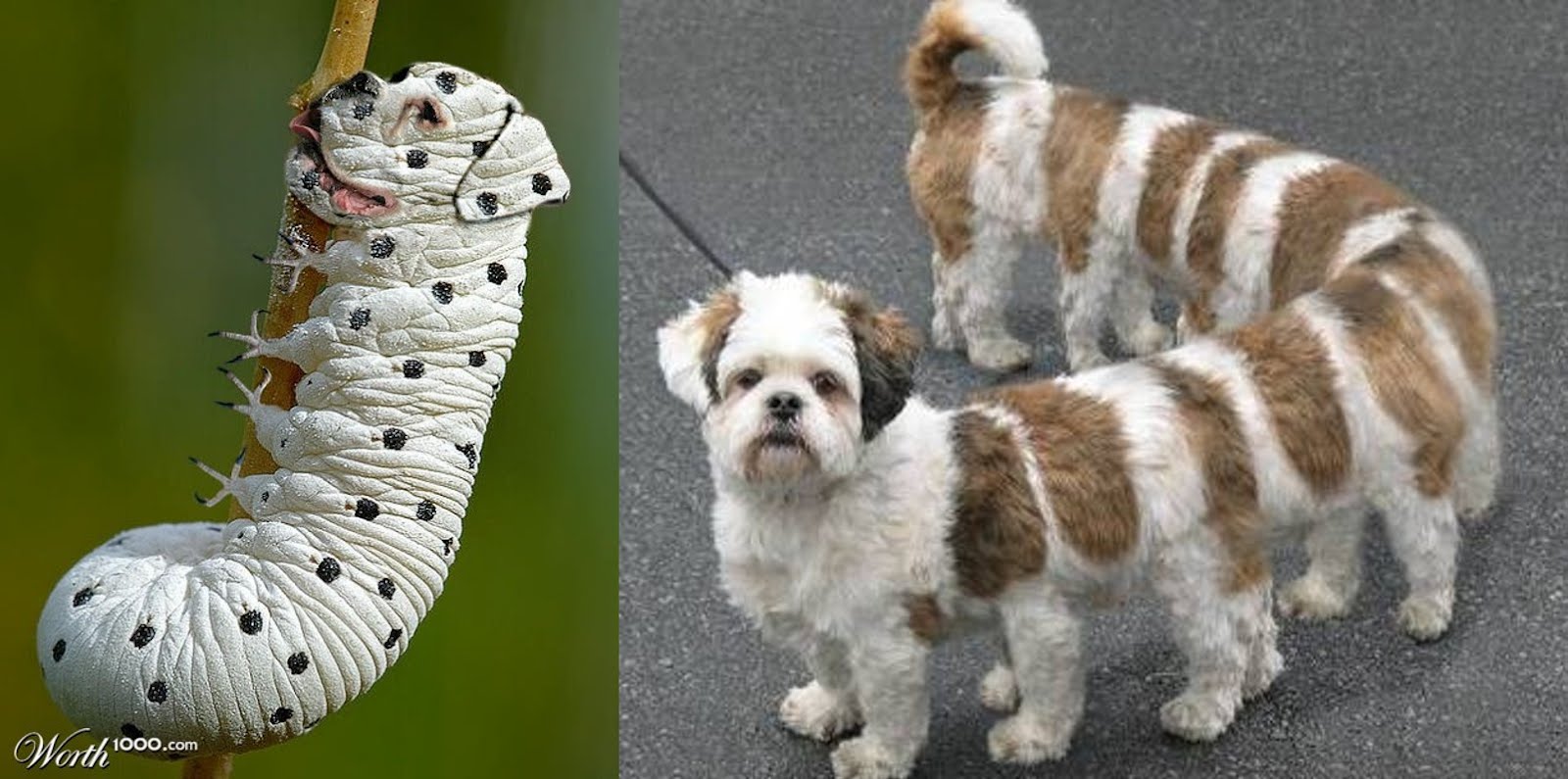The Venezuelan Poodle is a captivating and lesser-known breed, often admired for its distinctive appearance and charming personality. This breed stands out not only for its looks but also for its intelligence and affectionate nature. In this comprehensive guide, we will explore the origins, characteristics, care requirements, and much more about the Venezuelan Poodle. Whether you are considering bringing one into your home or simply want to learn more about this fascinating breed, you’re in the right place!
Venezuelan Poodles are a testament to the rich canine diversity found in South America. With their unique traits and loyal disposition, they have carved a niche in the hearts of dog lovers worldwide. This article will delve deep into their biographical background, breed standards, and the responsibilities of owning a Venezuelan Poodle. We will also provide essential tips for prospective owners to ensure a happy and healthy relationship with their furry friends.
As we journey through the world of Venezuelan Poodles, we will cover a variety of topics that highlight their importance and appeal. From their history to training tips, this guide aims to be a go-to resource for all things related to this remarkable breed. So, let’s get started!
Table of Contents
- 1. Biography of the Venezuelan Poodle
- 2. Characteristics of Venezuelan Poodles
- 3. Care Requirements
- 4. Health Considerations
- 5. Training Your Venezuelan Poodle
- 6. Importance of Socialization
- 7. Nutrition and Diet
- 8. Conclusion
1. Biography of the Venezuelan Poodle
The Venezuelan Poodle is a unique breed that has gained recognition for its playful and friendly personality. Though not as widely known as other poodle varieties, it shares some common ancestry with the standard and miniature poodles, which originated centuries ago in Europe.
While much about the Venezuelan Poodle's history remains shrouded in mystery, it is believed that breeders in Venezuela selectively bred these dogs for their intelligence and adaptability, resulting in the charming companions we see today.
| Data Pribadi | Biodata |
|---|---|
| Breed Name | Venezuelan Poodle |
| Origin | Venezuela |
| Height | 10-15 inches |
| Weight | 8-15 pounds |
| Life Expectancy | 12-15 years |
| Color | Variety of colors including white, black, and apricot |
2. Characteristics of Venezuelan Poodles
Venezuelan Poodles are known for their unique coat texture, which is curly and soft, reminiscent of their poodle relatives. This characteristic not only adds to their aesthetic appeal but also requires regular grooming to maintain their fluffy appearance.
Physical Attributes
- Size: Venezuelan Poodles typically stand between 10-15 inches tall.
- Weight: They usually weigh between 8-15 pounds.
- Coat: Their coat can come in a variety of colors, including white, black, and apricot.
Temperament
These dogs are known for their friendly and affectionate nature. They thrive on companionship and are often excellent with children and other pets. Their intelligence makes them highly trainable, but they can also be a bit stubborn at times.
3. Care Requirements
Caring for a Venezuelan Poodle involves several key responsibilities that potential owners should be aware of. Proper care ensures a happy and healthy life for your furry friend.
Grooming
Regular grooming is essential for Venezuelan Poodles due to their curly coats. Here are some grooming tips:
- Brush their coat at least 2-3 times a week to prevent matting.
- Schedule professional grooming every 6-8 weeks.
- Check their ears regularly for wax buildup and clean as needed.
Exercise
Venezuelan Poodles require moderate exercise to maintain their physical and mental health. Daily walks, playtime in the yard, and interactive games are great ways to keep them active.
4. Health Considerations
Like all breeds, Venezuelan Poodles can be prone to specific health issues. Regular veterinary check-ups are crucial to monitor their health and detect any potential problems early.
- Common Health Issues:
- Hip dysplasia
- Eye problems such as cataracts
- Skin conditions
5. Training Your Venezuelan Poodle
Training is a vital aspect of raising a Venezuelan Poodle. Their intelligence makes them eager learners, but consistent training methods are necessary to achieve the best results.
Basic Commands
Start with basic commands such as sit, stay, and come. Use positive reinforcement techniques, such as treats and praise, to encourage good behavior.
Advanced Training
Once the basics are mastered, consider enrolling your Venezuelan Poodle in advanced training classes or agility courses to keep them mentally stimulated.
6. Importance of Socialization
Socialization is crucial for Venezuelan Poodles to prevent behavioral issues. Expose them to various environments, people, and other animals from a young age to help them develop into well-rounded adults.
7. Nutrition and Diet
A balanced diet is essential for the health and well-being of your Venezuelan Poodle. Consult your veterinarian for recommendations on high-quality dog food that meets their specific needs.
- Ensure the diet includes appropriate protein sources.
- Avoid overfeeding to prevent obesity.
- Provide fresh water at all times.
8. Conclusion
In summary, the Venezuelan Poodle is a delightful breed that offers companionship and joy to families and individuals alike. Their unique characteristics and loving nature make them an excellent addition to any home. If you are considering bringing a Venezuelan Poodle into your life, remember to prioritize their care, training, and socialization.
We encourage you to share your thoughts or experiences with Venezuelan Poodles in the comments below. If you found this article helpful, please share it with fellow dog lovers or check out our other articles for more pet-related information!
Thank you for reading, and we look forward to seeing you back on our site for more engaging and informative content!
Winchester Golden Corral: A Comprehensive Guide To This Beloved Family Restaurant
Discovering The St. Anthony Main Theater In Minneapolis: A Cultural Gem
Richmond, MO: A Comprehensive Guide To The Heart Of Ray County


